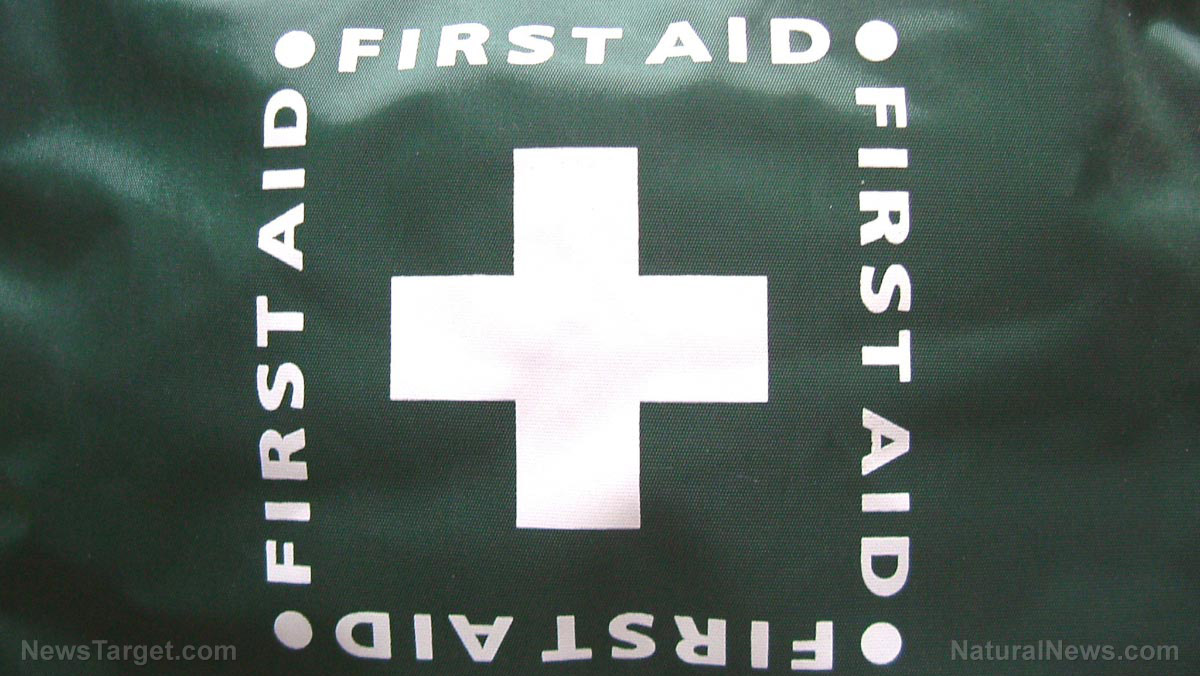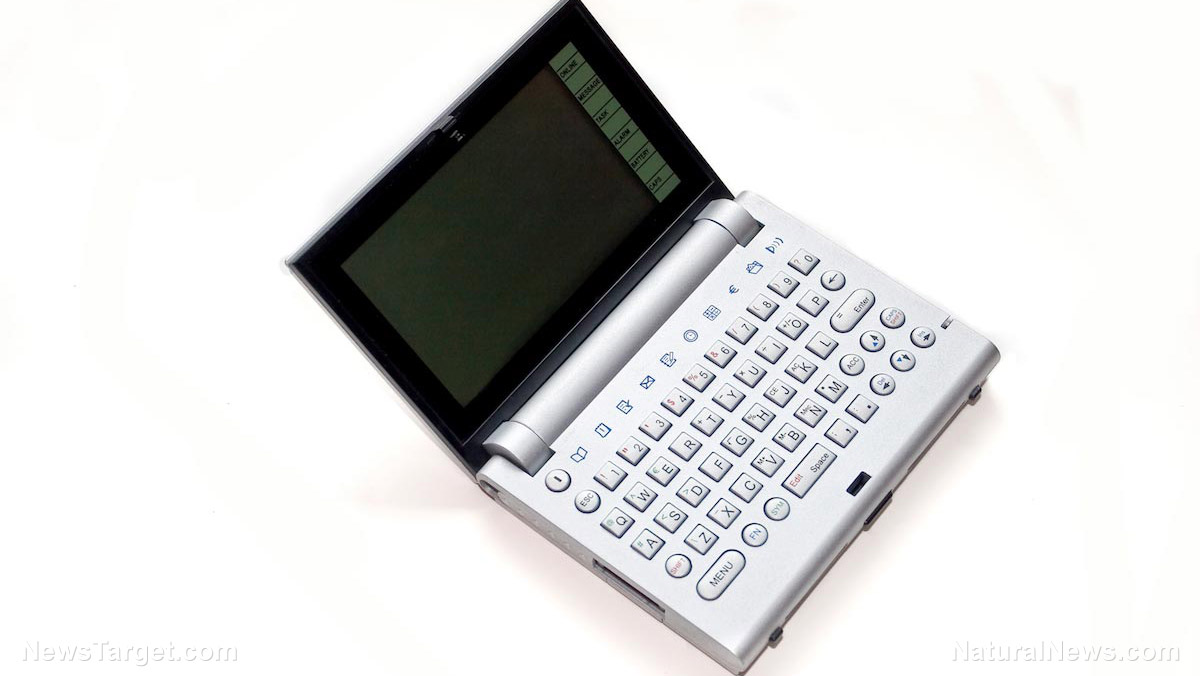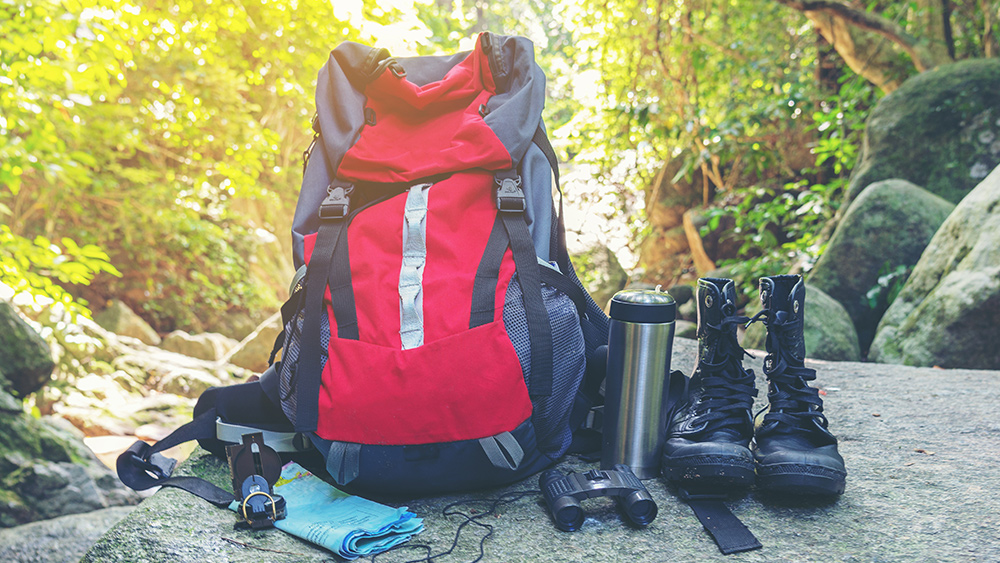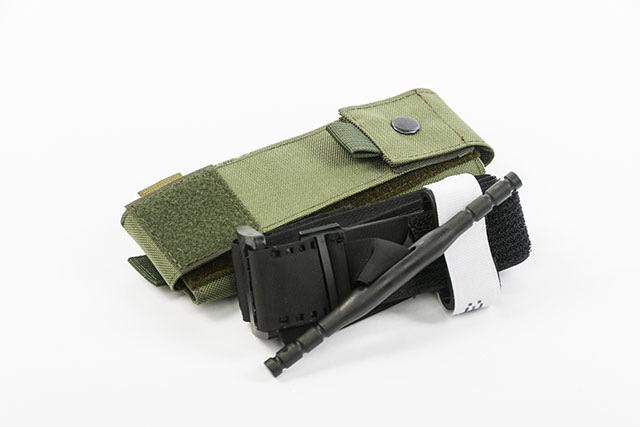Tips for choosing and organizing a medic bag
08/18/2021 / By Cassie B.

If you plan to serve as a medical caregiver for your family in emergency situations, you may have already acquired a significant collection of medical supplies to keep on hand. Although it is easy to find lists of must-have first aid items online, little attention is paid to the bag in which you keep this equipment. However, ensuring that you store your medical supplies in the right kind of case and organize it appropriately can save precious time when you are attending to a life-and-death situation.
It is easy to see why haphazardly tossing first aid items as you acquire them into a bag could be problematic. When you’re in the middle of an emergency, it will be difficult to sort through these items and locate what you need while under pressure.
If you have an extensive supply of medical gear and you are storing it in a closet or on shelves, it is equally important to be organized. However, you will still want to have a good bag that is ready to grab and go if someone needs help in the field or you need to evacuate your home quickly.
Here is a look at some of the most important considerations.
Size
Bigger might sound better on the surface, but a huge bag won’t do you any good if it’s too heavy to carry across long stretches or the goods inside are not organized well. At the same time, having a bag that is too small could leave you without a much-needed item in an emergency.
Consider how many people you will be responsible for in a potential emergency and how dangerous your area is. You should also think about the medical issues you are most likely to encounter and the climate you will be in. Choose a bag that is both substantial and manageable, and consider giving each member of your family their own smaller bag with a few essentials in case you get separated.
If you have any doubt about your bag, take it on a test run by bringing it on a hike with you and seeing how it feels when you carry it.
Material
Choose a sturdy, waterproof medic bag that is made of a relatively lightweight material without sacrificing on strength. You will want a bag that comes equipped with lots of loops as well as mesh or transparent pockets so you will be able to see everything you need at a glance when tending to emergencies. If the bag has some closed pouches, reserve these for non-emergency items such as water filters and certain types of medicines.
Organization
Experts recommend organizing the items in your medic bag in modules according to the type of injury that they treat. For example, you could place all the wound dressings and in one section and burn treatments in another section.
But perhaps more importantly, you need to organize things in a way that make sense to you. If you have purchased a prepared medical kit and you can’t follow the logic they used in organization, remove everything and rearrange it in a way that you find more intuitive. Many prepackaged medical kits are laid out in a way that makes it easier to package and ship; they are not necessarily laid out with ease of use in mind.
Get familiar with your kit
As you organize your medic bag, make sure you know what each item does – and how to use it. It’s great to know what a tourniquet does, but if you have never used one before, now is the time to check out some instructional videos and print some instructions so you won’t have to hesitate when time is of the essence.
Sources for this article include:
Tagged Under: bug out, disaster, emergency medicine, first aid, first-aid kit, medic bag, preparedness, prepper, prepping, SHTF, survival, survival medicine, tips
RECENT NEWS & ARTICLES
SurvivalMedicine.News is a fact-based public education website published by Survival Medicine News Features, LLC.
All content copyright © 2018 by Survival Medicine News Features, LLC.
Contact Us with Tips or Corrections
All trademarks, registered trademarks and servicemarks mentioned on this site are the property of their respective owners.





















